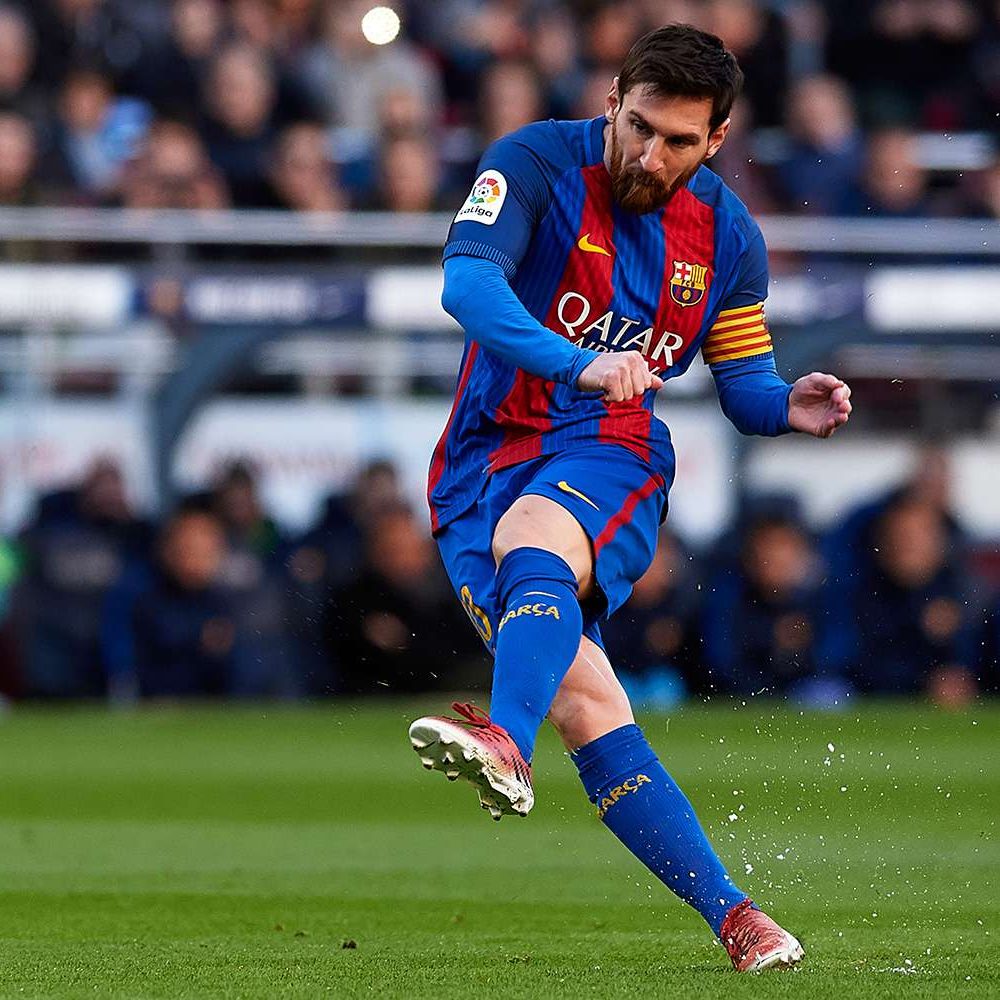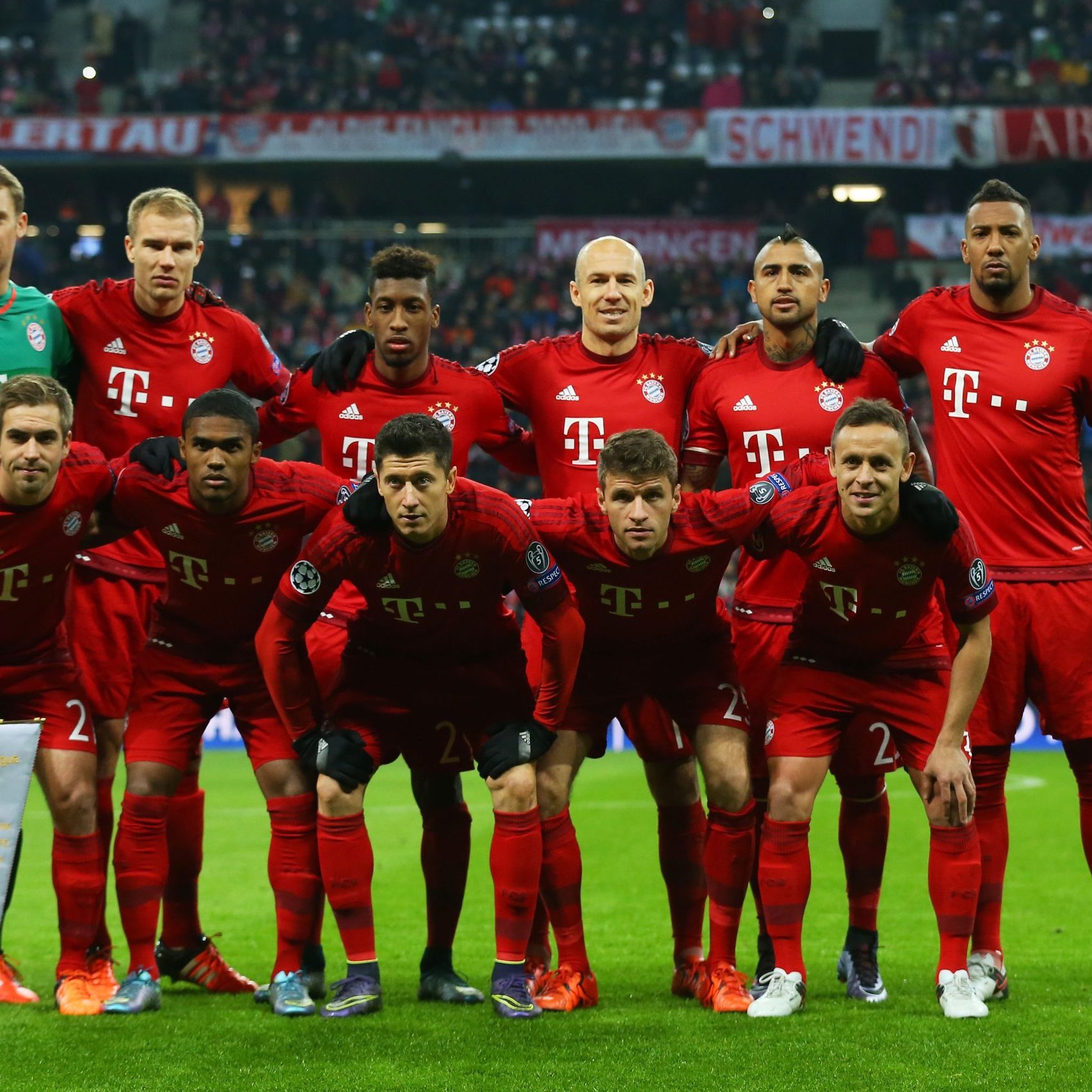Early Development and Skills Acquisition
For a young athlete wondering ‘how hard is it to go pro in soccer’, early development plays a critical role. It sets the foundation for advancing in the sport. Mastering the essential skills during this phase is a must for anyone aiming to reach professional status.

Identifying Talent in Young Athletes
Identifying talent early on can steer a young soccer player towards the right training regime. Coaches and scouts look for traits like agility, coordination, and tactical understanding during this stage. A player’s ability to learn and adapt quickly also indicates potential for a pro soccer career.
Essential Skills for Aspiring Pro Soccer Players
Aspiring pros must hone specific skills to stand out. Excellent ball control, precise passing, strategic thinking, and robust physical fitness define a player’s readiness for professional soccer. High levels of dedication and consistent practice of these skills are non-negotiable to make it in the competitive world of pro soccer.
Choosing the Right Training Path
Choosing a training path is a decisive step for any young athlete wondering how hard is it to go pro in soccer. The choice often influences a player’s development, opportunities, and career trajectory. It’s vital to choose not only a reputable institution but also one that aligns with a player’s strengths and goals.
Importance of Selecting Suitable Soccer Academies
Finding the right soccer academy is crucial. It provides structure, top-tier training, and access to resources. A good academy tailors training to the player’s position and potential. Academies with a strong network offer more exposure to scouts and clubs. They help build a solid foundation that aspiring soccer players need.
Benefits of Professional Coaching
Guidance from experienced coaches shapes a player’s career. They teach advanced techniques and in-depth game strategies. A professional coach can also instill discipline and improve a player’s mental game. This support is essential for those striving to understand how hard it is to go pro in soccer. It’s the difference between good and great players.
Exposure and Experience
Gaining the right exposure and experience is crucial for any soccer player questioning how hard is it to go pro in soccer. Playing in tournaments and high-level matches can showcase a player’s talent to the wider soccer community, including scouts and clubs.
Gaining Visibility through Tournaments and Matches
Participating in reputable tournaments and competitive matches is a significant way to gain visibility. It’s essential for players to seize every opportunity to display their skills under pressure. Here are some pointers on gaining visibility:
- Compete in renowned tournaments: This can significantly increase a player’s chances of being noticed.
- Perform consistently: Maintenance of high performance throughout games draws attention.
- Showcase unique talents: Stand out with a distinct skill or playing style.
When considering how hard is it to go pro in soccer, remember that visibility is a part of proving oneself. It’s not only about playing the game but playing it in places where talent can be recognized.
Learning from International Soccer Environments
Learning from varied soccer environments, especially international ones, can provide invaluable experiences. Players get the chance to observe different styles and tactics which can broaden their understanding of global soccer dynamics. Let’s look at the benefits of international exposure:
- Cultural adaptation: Experiencing different cultures aids in becoming a well-rounded player.
- Tactical diversity: Exposure to various playing styles enhances strategic understanding.
- Networking: Building connections abroad may open doors to professional careers.
For those asking how hard is it to go pro in soccer, stepping outside the local scene is part of the answer. Learning from international environments prepares players for the diverse challenges of professional soccer.
Fitness and Nutrition
Maintaining peak physical condition is pivotal for anyone questioning how hard is it to go pro in soccer.
Role of Physical Fitness in Professional Soccer
In professional soccer, physical fitness isn’t just about endurance. It encompasses strength, agility, and quick recovery from intense activities. Here’s how physical fitness impacts professional soccer:
- Endurance: Players must sustain high energy levels throughout the 90-minute game.
- Strength and Agility: These attributes allow for explosive sprints and quick direction changes.
- Recovery: Effective recovery routines minimize injury risks, keeping players game-ready.
Well-rounded fitness routines are crucial. They help talents withstand the demands of a professional schedule and maintain top performance.
Nutritional Plans for Soccer Players
Optimal nutrition fuels performance and recovery. Here’s a guide to effective nutritional plans:
- Balanced Diet: Players should balance proteins, carbs, and fats to sustain energy levels.
- Hydration: Staying hydrated is essential, especially during training and matches.
- Recovery Meals: Post-game meals should aid muscle repair and energy replenishment.
Adhering to a tailored nutritional plan is essential for any player aiming to make it in professional soccer. Keeping the body well-nourished supports both short-term performance and long-term health.
 Mental Toughness and Game Psychology
Mental Toughness and Game Psychology
In the quest to understand how hard is it to go pro in soccer, mental toughness is key. It’s not just the skill and physical fitness that sets professional players apart. The ability to maintain focus, confidence, and composure under pressure is crucial. Mental game psychology provides the tools for this aspect of professional soccer. Cultivating a strong mind-set helps athletes deal with the intensity of competition.
Psychological Preparation for Professional Athletes
Preparing mentally is crucial for athletes questioning how hard is it to go pro in soccer. Self-belief, visualization, and goal-setting are pivotal. Here are strategies to prepare psychologically:
- Self-Belief: Confidence in one’s abilities encourages peak performance.
- Visualization: Imagine success to create a mental blueprint for real-life action.
- Goal-Setting: Clear goals guide focus and measure progress.
Proper mental preparation can be the difference between success and failure. It builds resilience and the ability to perform consistently, regardless of circumstances.
Overcoming Setbacks and Maintaining Focus
Setbacks happen, even to seasoned pros. The trick is in overcoming them and staying focused. Resilience is the ability to bounce back and continue pushing towards your goal. Keep these pointers in mind:
- Accept Mistakes: Learn from them, then let them go.
- Stay Positive: Positive thinking helps one overcome tough moments.
- Keep the End Goal in Sight: Remembering why you’re on this journey fuels persistence.
Understanding how hard is it to go pro in soccer and conquering its challenges requires mental strength. Overcoming setbacks keeps ambitions on track. Focusing on long-term goals helps navigate the ups and downs inherent in any soccer career path.
For athletes wondering how hard is it to go pro in soccer, understanding recruitment and selection processes is crucial. These steps often dictate whether a talented player will secure a professional contract or not. Knowledge of club trials and negotiations, along with building a strong professional portfolio, can markedly enhance the chances of success.
Understanding Club Trials and Contract Negotiations
Club trials are a critical phase in a soccer player’s career path. Here, a player’s skills are assessed by potential clubs. These trials involve various drills and possibly scrimmage matches. A strong performance can lead to contract offers. During negotiations, understanding the terms and conditions of the contract is key. Players should seek fair terms that reflect their worth and potential.
To tackle the challenges of trials and negotiations, consider the following:
- Prepare thoroughly: A stellar showing at trials requires peak physical and mental preparation.
- Understand your value: Know your strengths and how they align with the team’s needs.
- Seek legal advice: A legal advisor can help understand contract details better.
Building a Professional Portfolio and Presence
Creating a compelling professional portfolio and maintaining a strong online presence are essential. A portfolio showcases a player’s career highlights and achievements, making it easier for scouts and clubs to assess their potential. Social media and personal websites can also play significant roles in gaining visibility.
Tips for building a solid professional profile include:
- Gather quality footage: Highlight reels from matches can showcase skills effectively.
- Update regularly: Keep stats and achievements current to reflect recent performance.
- Engage professionally: Use platforms to share insights and connect with the soccer community.
Understanding these aspects helps in navigating how hard is it to go pro in soccer. They are pivotal in transitioning from amateur to professional status.
 Staying Updated with Soccer Trends and Innovations
Staying Updated with Soccer Trends and Innovations
In the dynamic world of soccer, staying current with trends and innovations is crucial for players wondering how hard is it to go pro in soccer. Adaptability to the ever-evolving aspects of the game can give players an edge in their professional journey. Here’s how staying updated and adaptable plays a key role:
Adapting to Changes in Soccer Tactics and Rules
Changes in soccer tactics and rules can impact the game significantly. Players must adapt to these changes to stay relevant.
- Learn New Rules: Keep informed about FIFA amendments or alterations in league regulations.
- Tactical Flexibility: Be ready to shift playing styles as team strategies evolve.
- Continuous Education: Attend workshops, and watch matches to understand new tactics.
Adapting to changes ensures that players can meet the expectations of modern soccer and maintain their competitive edge.
Evolution of Soccer Training Techniques
Training techniques in soccer are constantly improving. They incorporate fitness, skills, and mental training.
- Embrace Innovation: Adopt new training equipment and exercises.
- Holistic Training: Include mental and cognitive exercises in routine practices.
- Monitor Progress: Use technology to track performance improvements.
By embracing the evolution of soccer training techniques, players can refine their game and increase their chances of going pro.